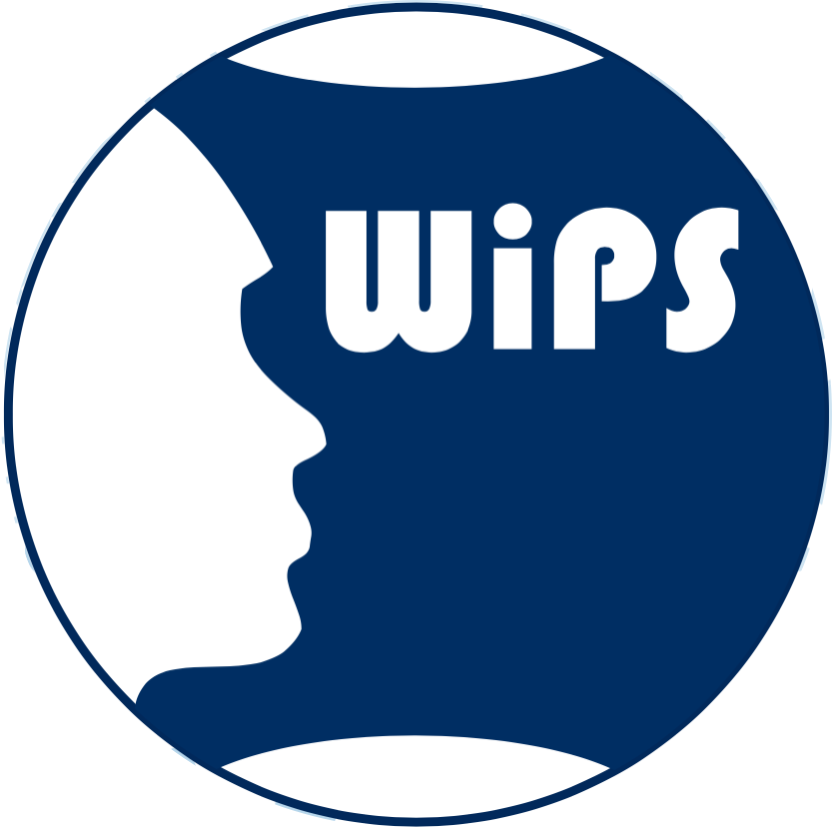Burcu Ozsoy, PhD
Polar Research Institute, The Scientific and Technological Research Council of Turkey; Maritime Faculty, Istanbul Technical University (Turkey)

During the 2018 Turkish Antarctic Expedition, Burcu stands in front of a snowcovered rocky outcrop on Horsehoe Island on the Antarctic Peninsula. She wears black and red polar gear and a red life jacket.
What’s the work that you do?
As a PhD student, I tracked sea ice surrounding the Antarctic continent via satellite and participated in the Antarctic Science Expedition (2006-2007) to collect in-situ sea ice data for verifying the satellite images. As a scientist, I promote the significance of polar research, in terms of why both Arctic and Antarctic regions play a crucial role in climate systems. I convey the meaning of our changing climate and its impact on these pristine polar regions, and thus on our lives. As an educator, I give lectures and seminars to raise awareness on climate change and the polar regions, and their relationship with other factors such as the ocean current system and sea ice.
I am the founding director of the Polar Research Center at Istanbul Technical University. I led National Antarctic Science Expeditions held in 2017, 2018, and 2019 and was the expedition leader of the first Turkish Arctic Science Expedition (2019). I am currently the director of the Polar Research Institute and as such, coordinated the National Antarctic Science Expeditions between 2019 and 2022.
What keeps you going?
My passion for the polar regions is fed not only by leading the national polar expeditions, but also by getting together with stakeholders to discuss and shape the future of polar research in Turkey. I deeply enjoy holding workshops, collaborating on projects and improving our school curriculum on polar regions and climate change.
What’s your message to the world?
Science and communication are key factors necessary to extend knowledge, especially about polar-related disciplines. The more we understand the importance of the poles as part of our life on Earth, the better we will be able to pursue solutions against anthropogenic effects.
Organisation: Polar Research Institute, The Scientific and Technological Research Council of Turkey; Maritime Faculty, Istanbul Technical University (Turkey)
Nationality:
Turkey
